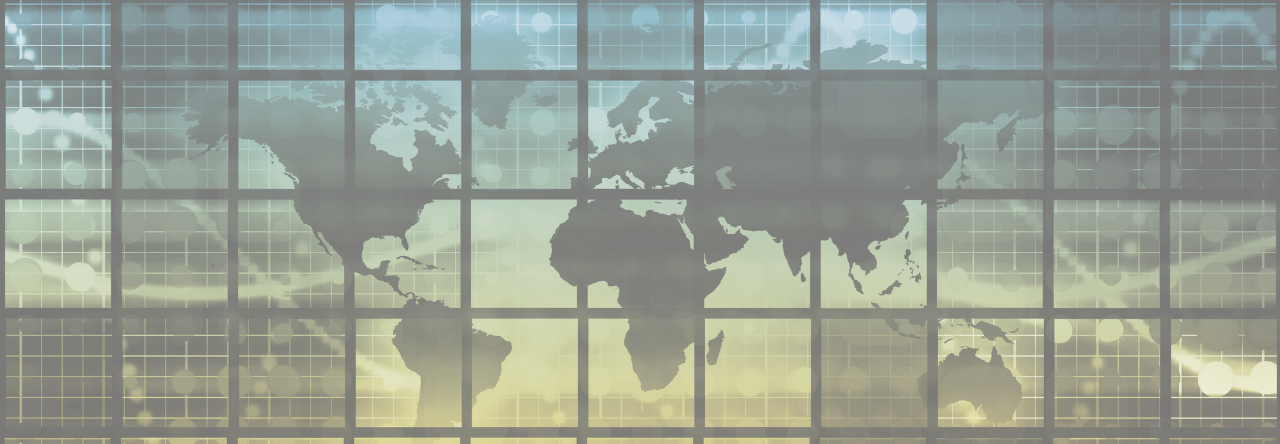This article is the English version of : Thomas Gomart, « Entre concentration et dispersion : le bel avenir de la puissance », published in Politique étrangère, Vol. 84, Issue 1, 2019, for the 40th anniversary of Ifri.

Far from being an absolute, power “is a human relationship”, one conceivable in both theoretical and political terms. Both an analytical concept and a policy principle, power is now understood in all its different forms, and is either celebrated or criticized in the academic on the topic.
We must start from a distinction between power, which presupposes an accumulation of means, and the exercise of power, which demands a will of its own. The former develops, and gains or loses value, over the long term; by contrast, the latter inevitably runs up against the existing order, and consequently has a more short-term character. They must be understood on different time scales: no power is born great. To become great, it must possess a portfolio of (human, moral, and material) resources, bringing these to fruition through projects that vary, not only under the influence of internal and external forces, but in terms of the direction (i.e., the aim) given to them. Their potential is the set of virtually possible reconfigurations. Using this approach, we can define power as “the combination of potential and acting out”.
As an analysis of the topic reminds us, “the factors of power are not the same from century to century”. For instance, the Defence and National Security Strategic Review presented to Emmanuel Macron in October 2017 underscored the fact that military competition has once again raised its head: “The international balance of power is changing rapidly. The uncertainty, the anxiety, or, on the contrary, the new ambitions generated by this unstable situation are all risk factors. Competition, initially economic and technological, is increasingly extending to the military realm”. This way of approaching the topic emphasizes an often forgotten fact: the opposition between economic and diplomatic-strategic conduct. The goal of the former is relatively limited, whereas the second develops “in the shadow of war”. The whole art of politics consists in knowing how to distinguish these in order to better combine them.
Any discussion of power that considers the next ten years must raise the question of hierarchy. In the early 1980s, Fernand Braudel (1902-1985) claimed that “capitalism needs a hierarchy”, and that “capitalism does not invent hierarchies […] it merely uses them” – a very useful claim, if we believe that capitalism will continue to govern economic exchanges. Any discussion about power, then, will be based on a wager over the future course of globalization. Rivalry between nations is one factor among others that will guide globalization. Is it the main one? Perhaps not, given the environmental damage caused by our current modes of consumption. Still, such rivalry is the aspect closest to us, and it is this that I aim to shed light on here.
From a political point of view, the consequences of the United States and China potentially swapping places at the top of the global hierarchy must be examined. China’s rise, and American reactions to it, are the primary issues in international politics in the short, medium, and long terms. From a theoretical point of view, power is becoming increasingly dispersed – or perhaps increasingly concentrated. The question arises because of the rapid global diffusion of information and communication technology (ICT). The last decade has been characterized by empowerment – that is, individual capacity for action that has been increased thanks to technology. This diffusion has taken place at the very heart of human activity, and, even if hierarchies will remain with us, we must now rethink them. It also brings with it heavy concentration, particularly given the role played by a small number of digital platforms. On this dual political and theoretical approach, current dynamics will necessarily lead to major tensions and upsets for the existing order. Such an approach invites us to closely examine the intense technological and scientific competition that both economic domination and military superiority depend on.
Read the rest of the article here.
>>> More articles of Politique étrangère are available for reading
on Cairn International <<<


Vous devez être connecté pour poster un commentaire.